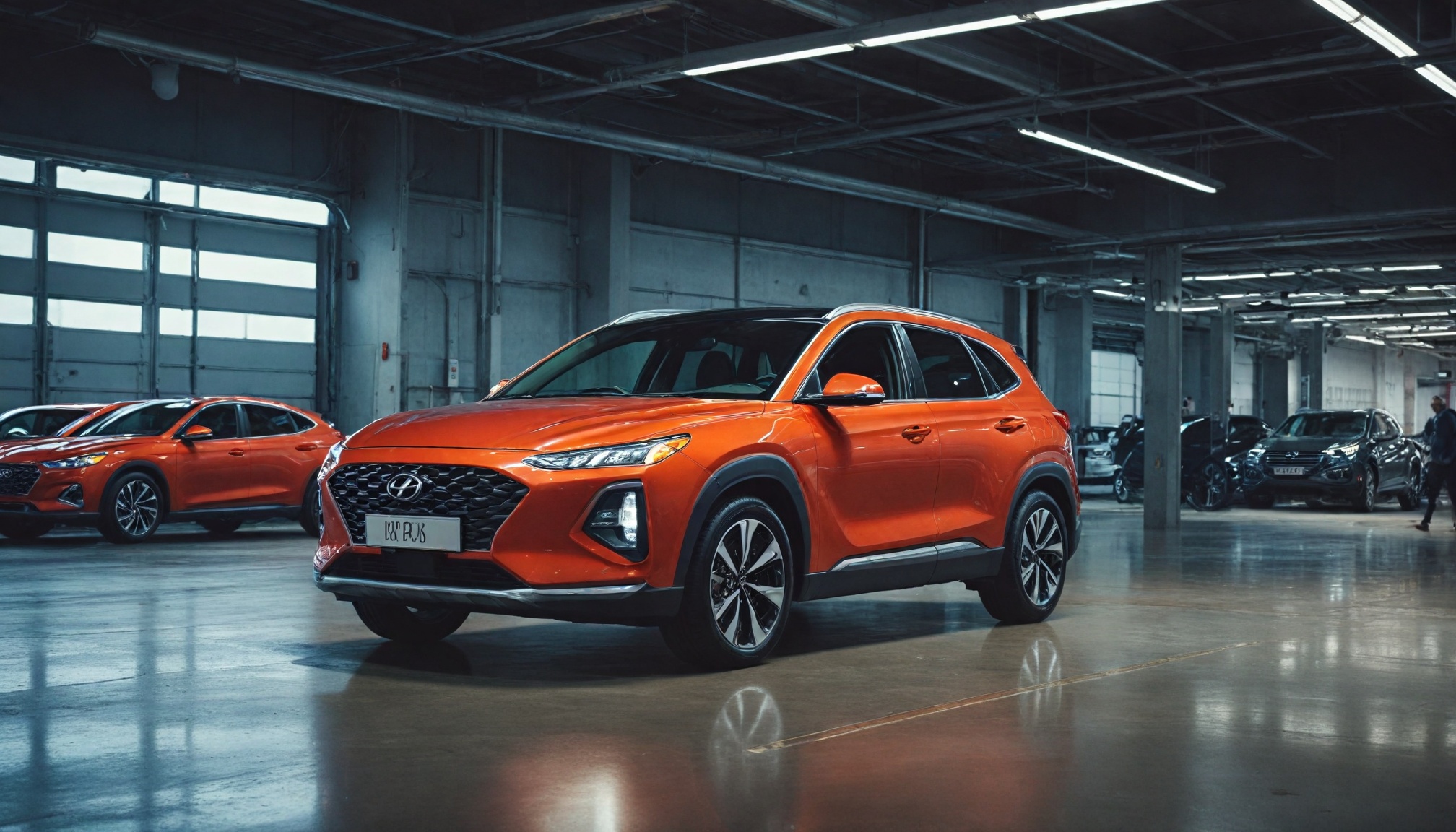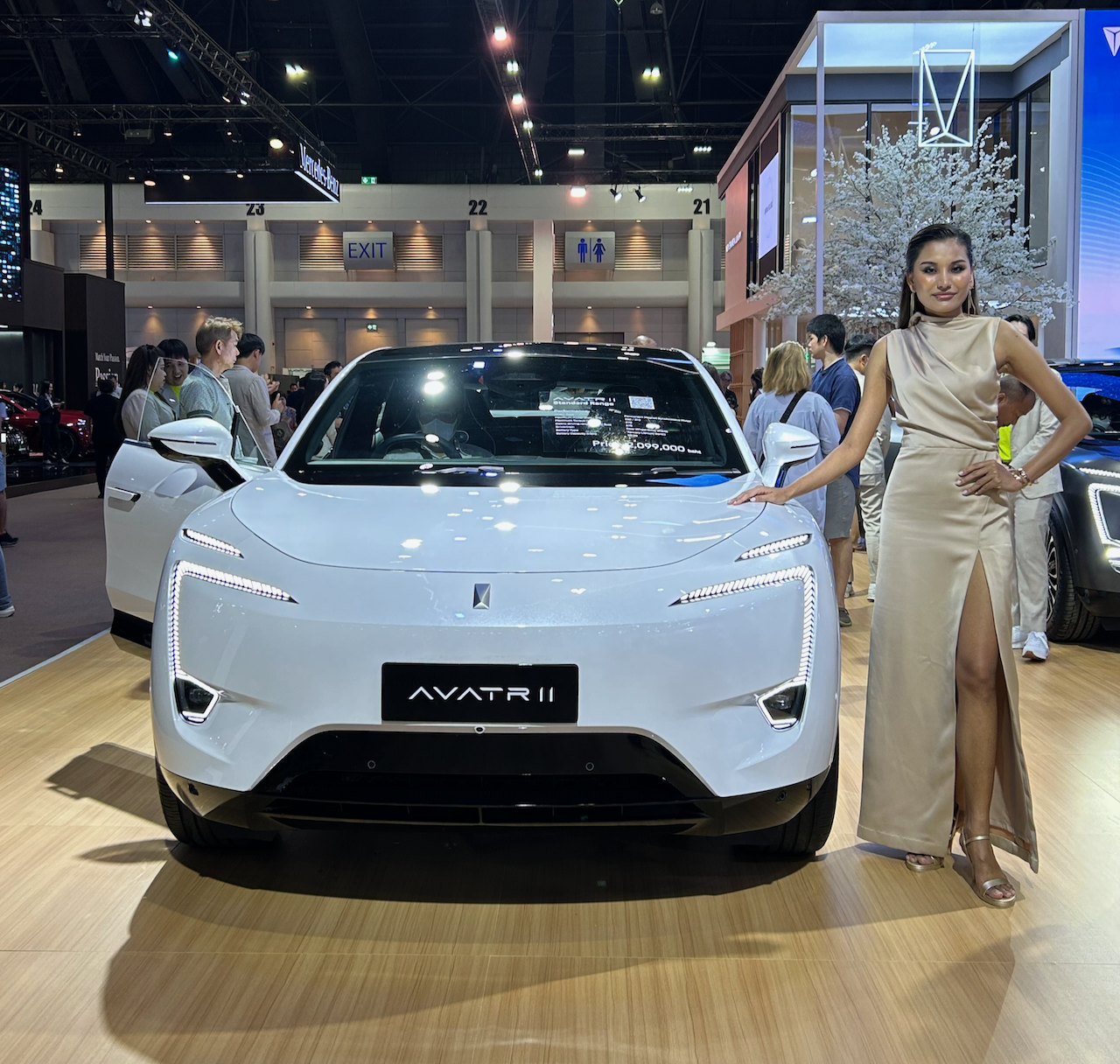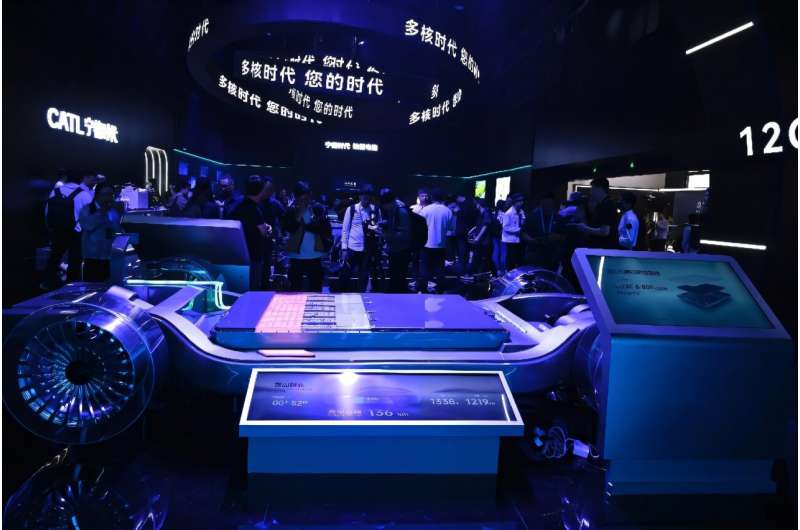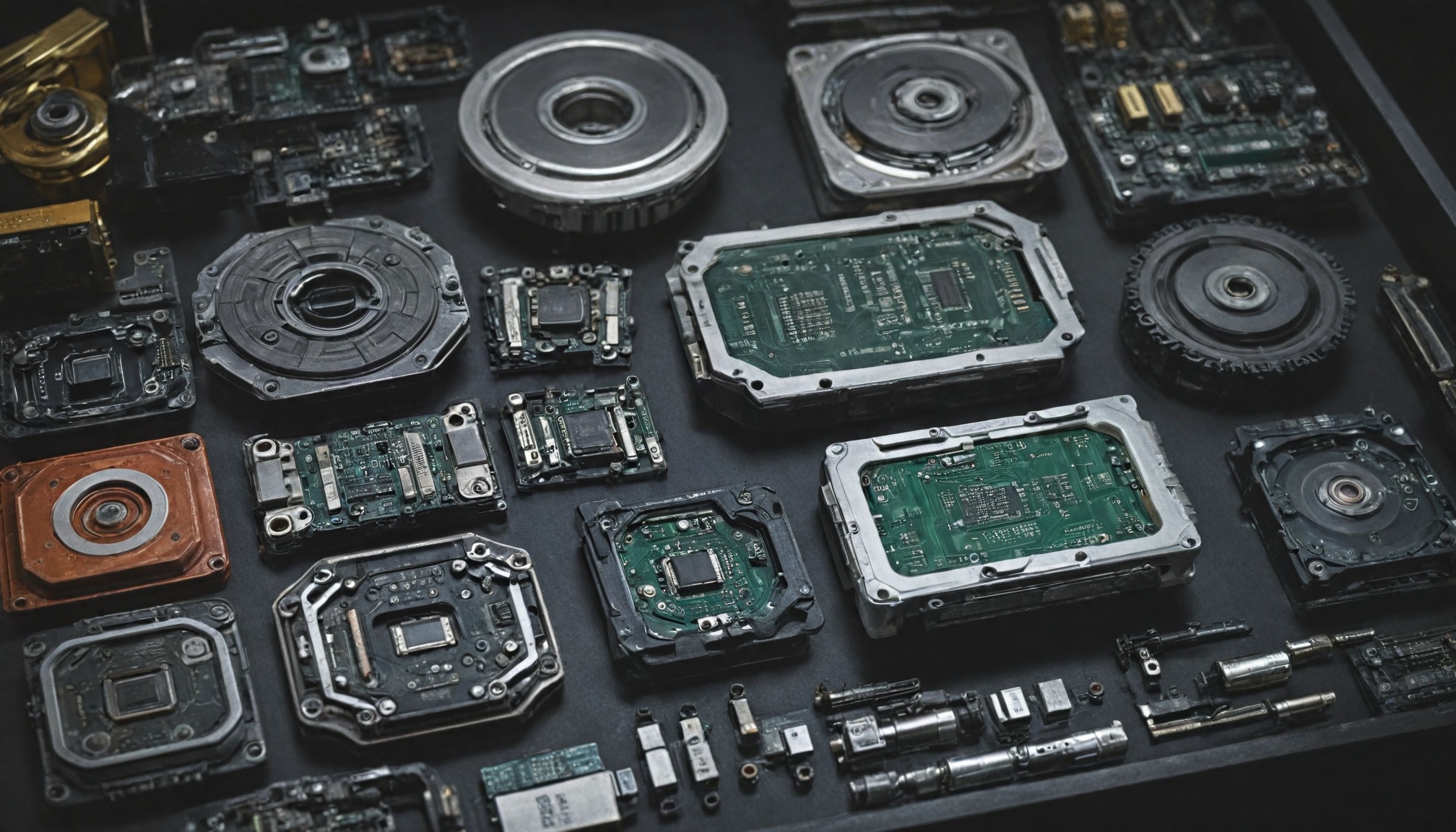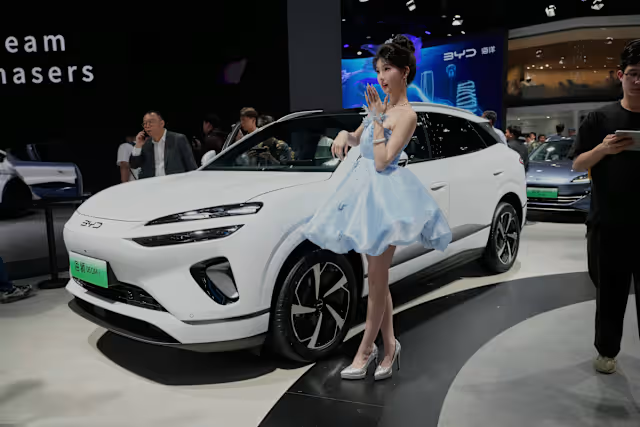
Explore the 2025 Shanghai Auto Show, where electric vehicles took center stage. Discover how Chinese and international automakers are revolutionizing the EV landscape.

Drivetech Partners
Auto Shanghai 2025: EVs Steal the Spotlight
Chinese Automakers at the Forefront
The 2025 Shanghai Auto Show marked a pivotal moment in the automotive industry, showcasing the dominance of electric vehicles (EVs). This year's event saw over 70 brands revealing more than 100 new models, with Chinese manufacturers taking center stage in the world's largest car market. The auto show proved that China continues to lead the charge in the EV revolution.
Among the standouts was BYD, now the world's leading EV seller. The company introduced an ultra-fast charging system, highlighting its commitment to advancing infrastructure with thousands of new charging stations planned across China. Meanwhile, Leapmotor showcased its B10 SUV, reporting an impressive delivery of 8,000 units within just 13 days of launch. The B10 SUV, equipped with cutting-edge lidar technology, attracted significant attention from potential buyers.
Another major player, CATL, announced ambitious plans to launch 10 new models in collaboration with automakers like FAW and Changan. These partnerships are geared towards expanding battery-swapping technology, offering a glimpse into the future of seamless EV experiences.
Foreign Automakers Adapt to the Chinese Market
The competition in the Chinese EV market is fierce, and international brands are intensifying their efforts to secure a slice of the pie. Volkswagen Group made a strong impression by unveiling five new models, including new offerings from VW and Audi. The company's strategic alliance with Horizon Robotics aims to roll out an in-house assisted driving system, ensuring that advanced features are available even in entry-level models by 2026.
BMW reiterated its commitment to the Chinese market, emphasizing that nearly 70% of its latest operating system includes functionalities specific to China's unique consumer landscape. These adaptations highlight the growing importance of China in the global automotive strategy of major international brands.
Safety and Regulatory Focus
While innovation was in the spotlight, the Shanghai Auto Show also emphasized safety and regulatory concerns. Following a tragic accident involving Xiaomi’s SU7 EV, Chinese regulators introduced measures to address terms like "smart driving." In response, automakers like Xpeng and Geely introduced new safety training and testing initiatives to enhance the safety features in their vehicles.
Tesla, a key player in the global EV landscape, scaled back its China operations amid concerns over tariffs and restrictions on rare earth magnets. This move underscores the challenges international brands face in navigating regulatory complexities while maintaining competitive advantage.
Trade Tensions Impacting the Industry
The ongoing U.S.-China trade war cast a shadow over the event, influencing industry dynamics. U.S. President Donald Trump's imposition of 145% tariffs on Chinese imports, coupled with China's retaliatory measures, has created uncertainty in the global market. As a result, U.S. auto groups have called for tariff reductions to ease the pressure on global supply chains.
Despite a 12.5% rise in Chinese auto sales through March, the economic tensions and rising tariffs pose potential challenges to future demand. The industry's adaptability and resilience will be crucial as stakeholders navigate these complexities.
Key Developments from the 2025 Shanghai Auto Show
Over 70 brands and 100 new models were showcased, with a clear emphasis on electric vehicles.
BYD and Leapmotor exhibited significant advancements in EV technology and market strategies.
International brands like Volkswagen and BMW unveiled China-specific plans to remain competitive.
Safety regulations and governmental policies influenced the discourse at the event.
Trade tensions between the U.S. and China continue to impact the global automotive landscape.
In summary, the 2025 Shanghai Auto Show highlighted the accelerating shift towards electric vehicles, with Chinese manufacturers at the forefront of innovation and market expansion. Foreign automakers are adapting strategies to remain competitive, while safety and regulatory issues, along with trade tensions, continue to influence the industry's trajectory.
For further reading and detailed insights from the show, explore the official coverage at Reuters and AP News.
